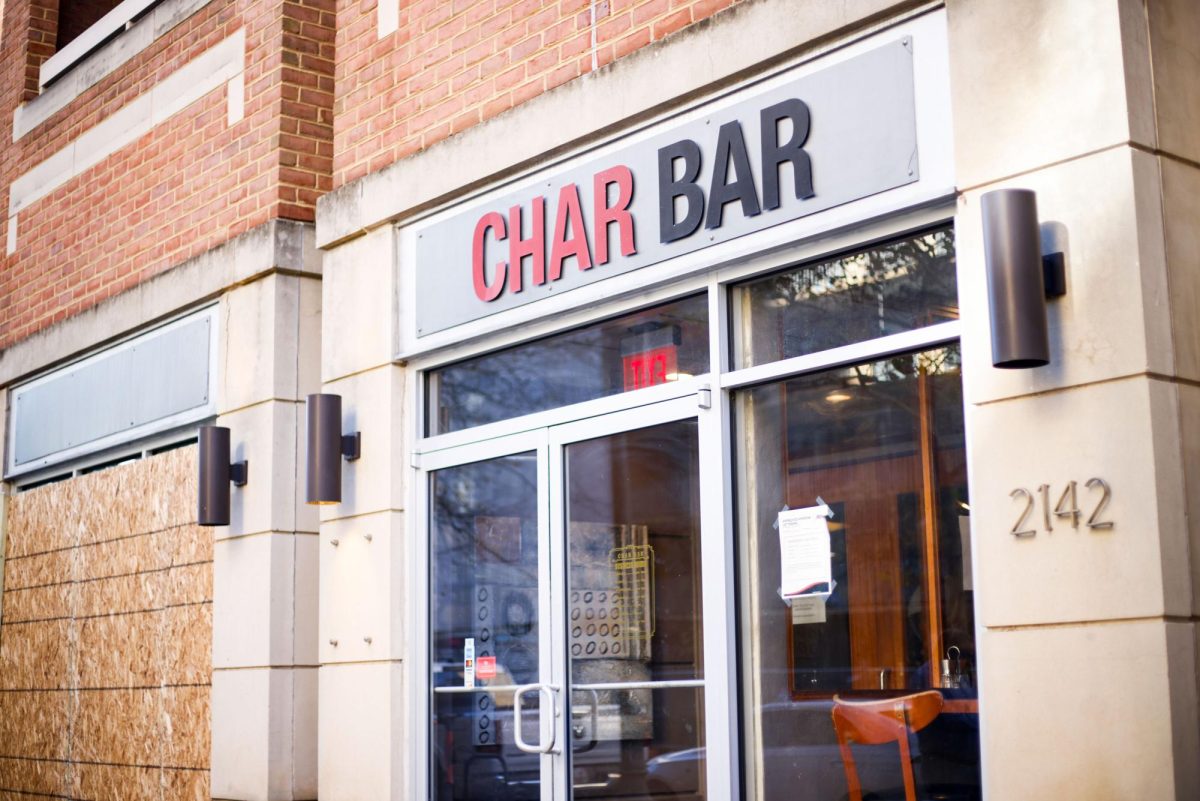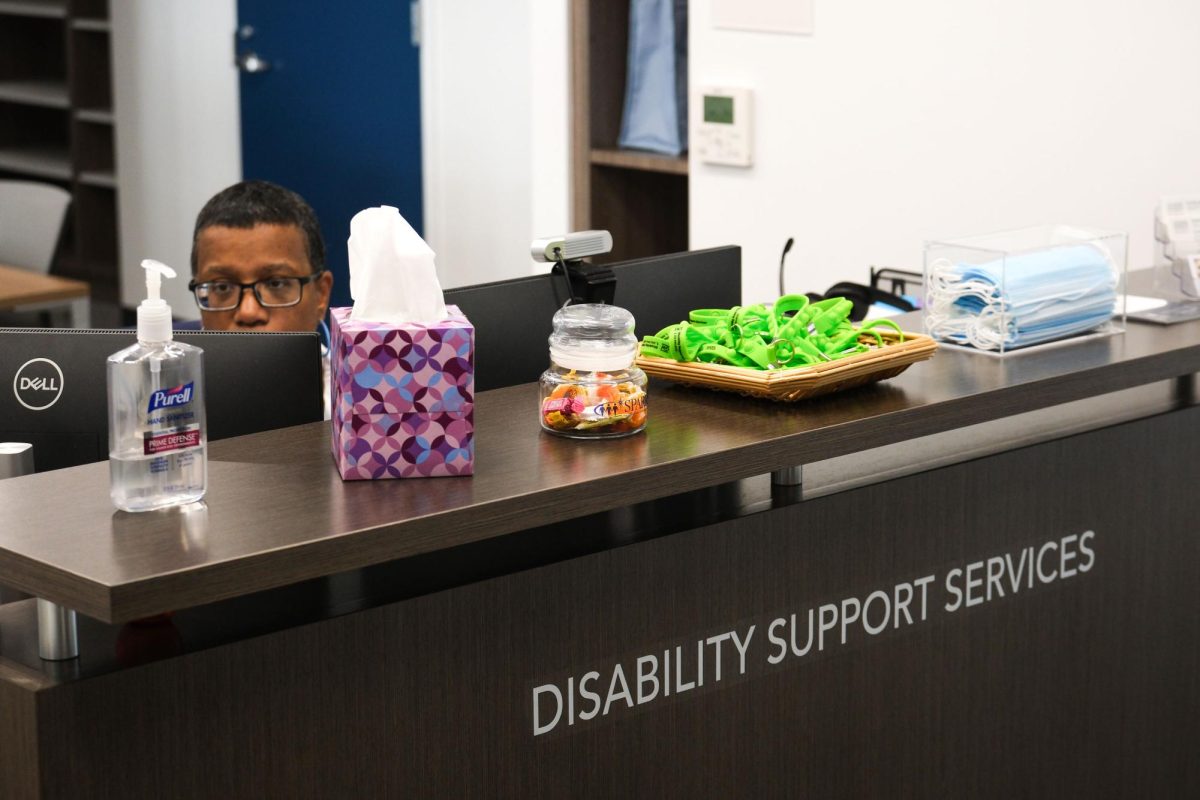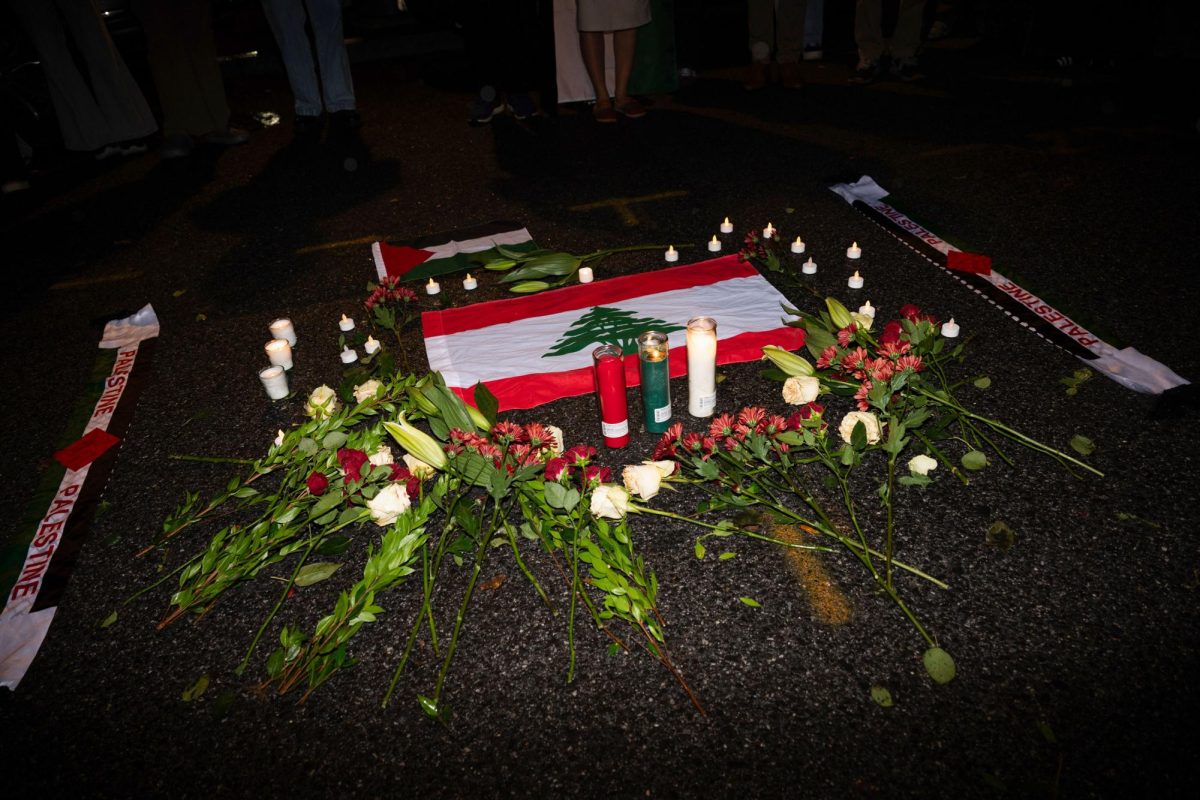With 15 food venues under review for becoming Colonial Cash partners, it may be a while before anyone can swipe their GWorld at Trader Joe’s, among other places.
University officials say the process to joining the approximately four-dozen D.C. restaurants and food-providers accepting Colonial Cash can be a long one.
Ken Pimentel, director of the GWorld Card Program, said when a merchant wants to offer the GWorld payment option they submit an application to the GWorld Office, which is reviewed a committee comprised of representatives from various departments, including the Student Activities Center, the General Counsel’s office, Dining and Retail Services, the GWorld office and GW Housing Programs, among others.
After the Vendor Recruitment Committee approves the applicant, the merchant negotiates a contract with the company that manages GWorld. The lengths of these negotiations vary.
Although no students sit on the Vendor Recruitment Committee, student opinion is a driving factor in what businesses become dining options, GW officials said.
“Student experience is the No. 1 priority,” said Ken Pimentel, director of the GWorld Card Program. “The more options that are available to students, the better and happier consumers they’ll be.”
Pimentel said that there are ways student opinion is heard in the decision-making Vendor Recruitment Committee.
“While there are no active student members with a seat, there are former students who now work for student services on the committee,” Pimentel said.
He added that the Student Association’s Dining Services Commission is the main avenue for suggestions from current student.
“We strive to continuously collect student feedback and suggestions, and incorporate those concerns and comments into proactive change on the campus,” Casey Pond, director of the DSC, wrote in an e-mail. “The commission regularly meets with members of Auxiliary Services, specifically Nancy Haaga and Christine Kithcart, who work tirelessly with the GWorld office, on these changes and does ask the commission to gather student input on a regular basis.”
Businesses say the decision to accept GWorld is difficult because they have to weigh the significant costs of the equipment and the University’s commission with possible increased student purchases.
“We need to have GWorld whether we profit or not because it is a great benefit for the students,” said Veronica Lee, owner of Casey’s Coffee in Columbia Plaza. “Sometimes if they buy a banana or something small I’ll just give it to them because it’s not worth it.”
Lee said that Casey’s Coffee, which became a GWorld partner in Sept. 2005, pays a 15 percent commission on each purchase. She said student business greatly outweighs the costs.
“We come here everyday,” said sophomore Melissa Cantor while enjoying lunch with friends at Casey’s Coffee. “It’s huge that they take GWorld. We wouldn’t come here if they didn’t.”
Nirvana Restaurant, which also became a GWorld partner in Sept. 2005, is considering leaving the program due to unexpectedly low student participation. Nirvana specializes in Indian Vegetarian cuisine, and is located on 1810 K Street.
“I’ve worked here everyday since we opened, and I’ve never swiped a GWorld Card,” said manager Nirvana Harriti Shah.
Students represent less than 10 percent of Nirvana’s business, Shah said. She said they haven’t experienced a spike in student business since becoming a GWorld partner in September 2005.
“We’ll see how it goes this year,” Shah said. “It would be worth it if we used (GWorld) more. We love having students.”
Nirvana pays $15 per month to be in the GWorld program, Shah said.
Haaga said that it is not GW’s intention to profit off of the GWorld card.
“The revenues earned from partner commissions are budgeted to offset GWorld Program operating expenses,” Haaga said. “Partner commission rates are established to generate the amount of revenue needed to cover the University’s costs related to the GWorld Program and its administration.”






